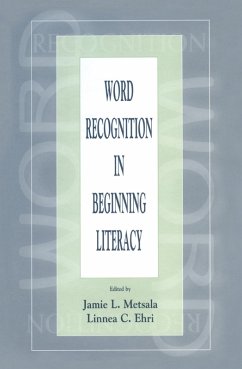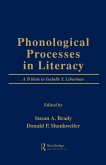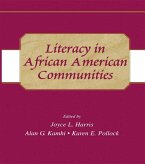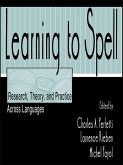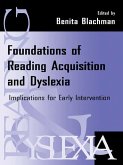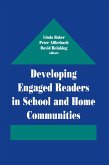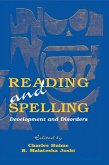This edited volume grew out of a conference that brought together beginning reading experts from the fields of education and the psychology of reading and reading disabilities so that they could present and discuss their research findings and theories about how children learn to read words, instructional contexts that facilitate this learning, background experiences prior to formal schooling that contribute, and sources of difficulty in disabled readers. The chapters bring a variety of perspectives to bear on a single cluster of problems involving the acquisition of word reading ability. It is the editors' keen hope that the insights and findings of the research reported here will influence and become incorporated into the development of practicable, classroom-based instructional programs that succeed in improving children's ability to become skilled readers. Furthermore, they hope that these insights and findings will become incorporated into the working knowledge that teachers apply when they teach their students to read, and into further research on reading acquisition.
Dieser Download kann aus rechtlichen Gründen nur mit Rechnungsadresse in A, B, BG, CY, CZ, D, DK, EW, E, FIN, F, GR, HR, H, IRL, I, LT, L, LR, M, NL, PL, P, R, S, SLO, SK ausgeliefert werden.

